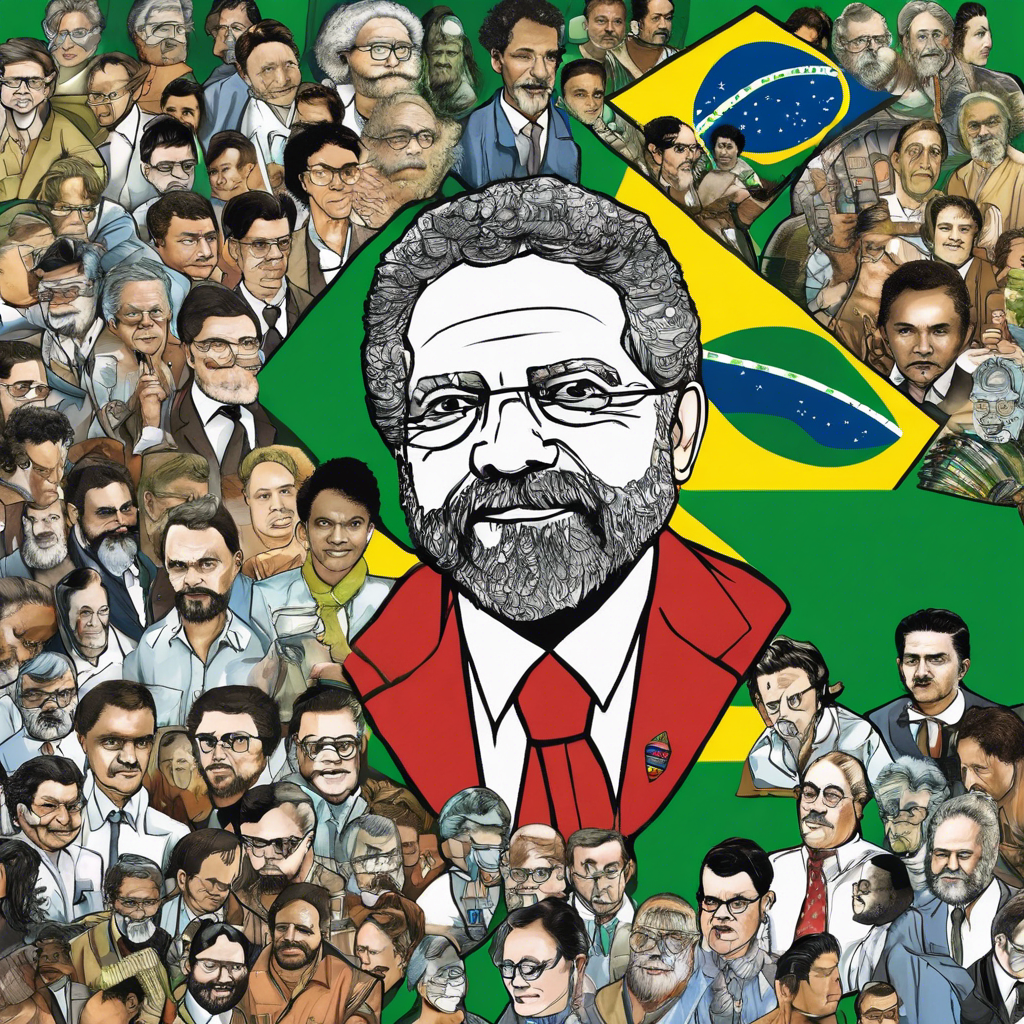Brazil’s Science Community Seeks Revitalization Under Lula’s Presidency

After years of setbacks and budget cuts, Brazilian scientists hope for a brighter future under President Luiz Inácio Lula da Silva.
In recent years, Brazil’s scientific community has faced numerous challenges, including budget cuts and a hostile environment towards science under the government of Jair Bolsonaro. However, with the election of Luiz Inácio Lula da Silva, commonly known as Lula, as the country’s president, there is renewed hope for the revitalization of science in Brazil. While progress has been slow, scientists are optimistic about the changes they have seen in the first year of Lula’s presidency. This article explores the challenges faced by Brazilian scientists, the improvements under Lula’s government, and the future prospects for science in the country.
Challenges Under Bolsonaro’s Government
Under the Bolsonaro administration, Brazilian scientists faced persecution and budget cuts that threatened the future of scientific research in the country. Bolsonaro accused scientists of distorting deforestation data and fired the director of the National Institute for Space Research (INPE) for supporting findings on increasing deforestation in the Amazon. Researchers who challenged government narratives on topics such as COVID-19 treatment and sexually transmitted diseases faced revocation of their honors. These actions created a hostile environment for scientists and led to concerns about the collapse of the academic system.
Signs of Hope Under Lula’s Government
With the election of Lula as president, the atmosphere for scientists in Brazil has changed. There is a renewed sense of hope and a more positive tone towards science under Lula’s government. Science Minister Luciana Santos has shown a commitment to including scientists in public debates and using scientific evidence to inform policy decisions. Graduate grants have also seen an increase, providing encouragement for master’s and doctoral students.
Challenges Persist
Despite the positive changes, challenges remain for Brazilian scientists. University buildings and laboratories have fallen into disrepair due to budget constraints, and the unfavorable currency exchange rates make it difficult to cover expenses for open-access articles and equipment purchases. The budget for federal universities has significantly decreased over the past decade, affecting investment and maintenance. Structural changes are needed to address these issues and ensure the long-term sustainability of scientific research in Brazil.
Government Efforts to Restore Confidence
Lula’s government has taken steps to restore confidence in science and higher education. Resources from the National Fund for Scientific and Technological Development (FNDCT) have been unlocked, providing funding for science and technology projects. Grants in the National Council for Scientific and Technological Development (CNPq) and the Coordination for the Improvement of Higher Education Personnel (CAPES) have also seen an increase in value. Efforts are underway to fill vacant positions in public research institutions, which have been left empty due to lack of personnel.
Future Plans and Current Challenges
Lula’s government has prioritized funding for advanced infrastructure projects, including a multipurpose reactor, a maximum-biosecurity laboratory, and the expansion of the Sirius synchrotron light source. Tackling the brain drain of Brazilian researchers abroad is also a key focus, with plans to create grants for their return and establish collaborative networks. However, ongoing political and budgetary challenges pose risks to the sustainability of these initiatives.
Conclusion:
The election of Lula as Brazil’s president has brought renewed hope for the revitalization of science in the country. While progress has been made in the first year of his presidency, challenges persist, including budget constraints and the need for structural changes. The government’s efforts to restore confidence in science and higher education are promising, but continued support and advocacy from the scientific community will be crucial in ensuring the long-term sustainability of scientific research in Brazil. As scientists cautiously embrace hope for the future, they recognize the ripple effects of the previous government will be felt for years to come.





